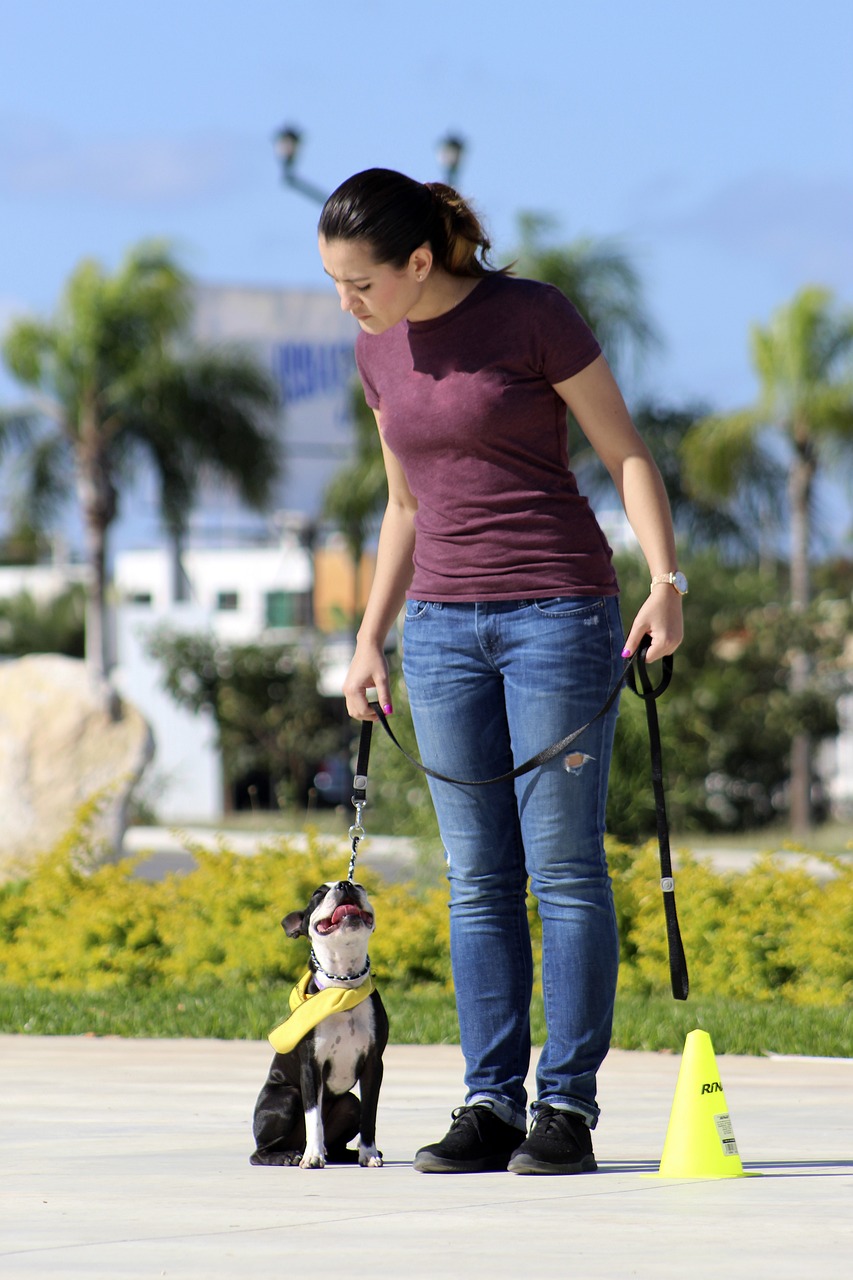
Training is a crucial part of our pet’s life. Training isn’t just about teaching your pet tricks; it’s about fostering a deeper connection and creating a harmonious living environment. So when are you starting?
When to Start Training Your Pet
The earlier, the better!
Starting training as soon as you bring your pet home lays a strong foundation for their behavior.
Puppies and Kittens
- 8-10 weeks old: This is when most puppies and kittens join their new families. It’s the perfect time to begin basic training and socialization.
- Focus on: House training, basic commands (sit, stay, come), leash walking, and exposure to different people, places, and animals.
Adult Pets
- Immediately: It’s never too late to train an adult pet. While they might take longer to learn, consistency and positive reinforcement can work wonders.
- Focus on: Building trust, teaching basic commands, and addressing any behavioral issues.
From where to start training your pet.
Now training your pet can be little tricky because you’ll be wondering “where should I start from”. So, let’s break this down to dogs, cats, little cavies and birds.
Dogs
- Obedience training: For dogs’ basic commands like sit, stay and come are essential. It’s better when you assist your pet doing the action and then rewarding them with a treat.
- Potty training: Establishing a regular potty schedule and rewarding success is crucial.
- Leash walking: Gentle leash handling and positive reinforcement help create a pleasant walking experience.
- Socialization: Exposing your puppy to various people, animals, and environments helps prevent fear and aggression.
Cats
- Litter box training: Proper litter box placement, cleanliness, and type of litter are key.
- Scratching post introduction: Provide appropriate scratching surfaces to protect your furniture.
- Gentle handling: Respect your cat’s personal space and avoid forceful interactions.
- Playtime: Engaging in interactive play helps stimulate your cat’s mind and body.
- Clicker training: Can be used to teach tricks and modify behavior.
Small Animals (Rabbits, Guinea Pigs, Hamsters)
- Handling: Gentle handling from a young age helps build trust.
- Cage training: Provide a safe and comfortable environment with appropriate bedding and hiding places.
- Potty training: With patience and consistency, many small animals can be litter box trained.
- Diet and exercise: Proper nutrition and physical activity are essential for their health.
Birds
- Vocalization control: Positive reinforcement and ignoring unwanted noises can help reduce excessive vocalization.
- Cage cleanliness: Regular cleaning prevents illness and maintains a healthy environment.
- Safe handling: Birds are fragile, so gentle handling is crucial.
- Enrichment: Provide toys and activities to stimulate your bird’s mind and prevent boredom.
- Diet: A balanced diet is essential for your bird’s overall health.
Remember:
Always keep in mind that consistency is the key be consistent with your training use repetitive commands and reward your pet when they follow.
It’s not necessary that you always need a treat in your hand, but you can pet or praise them as well. Getting trained takes time, so be patient and don’t get discouraged if you fail for the day.
And at last, I would quote that “we all hate long boring lectures”, just keep your training sessions small and interesting.
0 Comments